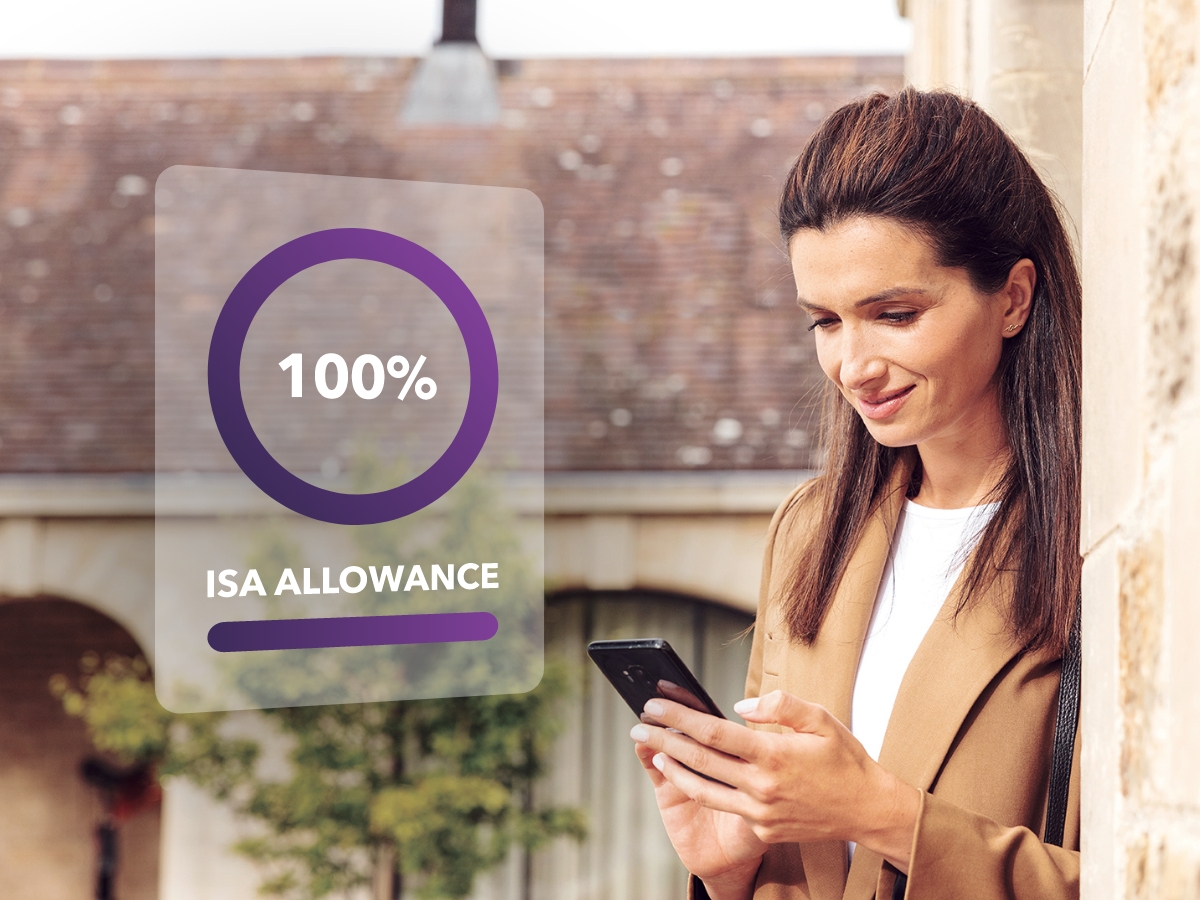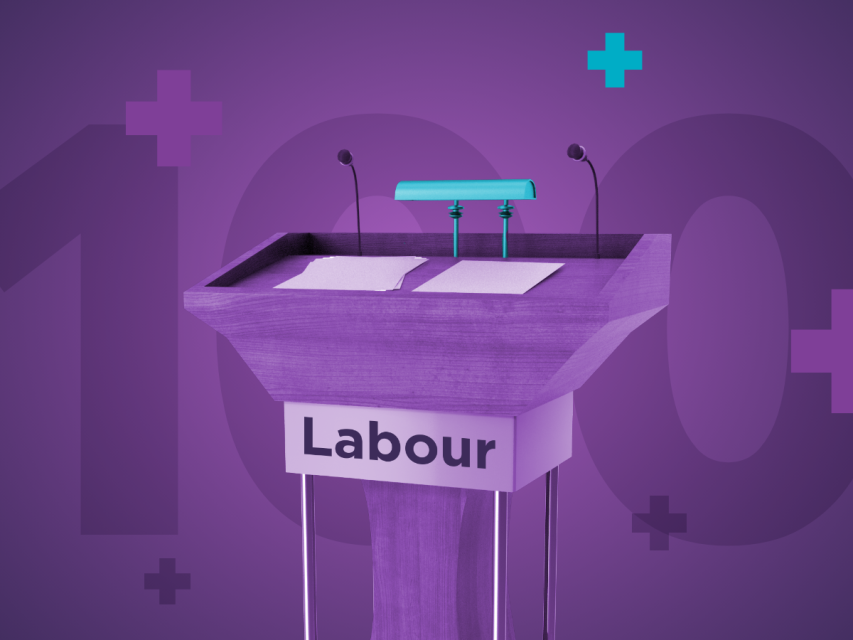
The 2022/23 tax year is approaching its end, and now is the time to think about doing more with your money before deadline day on April 5.
Using an Individual Savings Account, an ISA, offers you a way to grow your money tax free. You won’t pay income or capital gains tax on the returns your ISA generates or on increases in value.
If you already have an ISA, now is the time to think about filling your ISA up. If you don’t have an ISA, it can be quick and easy to set one up. Consider your options today and choose an ISA that is appropriate for your goals.
The amount you can save each year into ISAs is called the annual allowance and this is £20,000 in the 2022/23 tax year. You can use your £20,000 allowance across ISAs, for example, a Cash ISA and a Stocks & Shares ISA. It is an allowance for the overall ISAs you hold. For example, £10,000 into a Cash ISA and £10,000 into a Stocks & Shares ISA. You can only pay into one of each type of ISA in a single tax year. In other words, the Stocks & Shares ISA you are paying into is your set Stocks & Shares ISA for the tax year.
Cash ISA
The ISA you are perhaps most familiar with is the Cash ISA, which is a basic ISA that is linked to interest rates. This type of ISA could be useful for those with shorter term goals, which is typically defined as goals that are less than five years away. However, using a cash ISA for medium to long term goals may be less appropriate, as current low interest rates are unlikely to beat high inflation rates. In other words, if the prices of goods are going up quicker than the value of your ISA savings, your cash is losing value in real terms.
With this in mind, perhaps only consider a Cash ISA for shorter term goals such as holiday savings or events within the next 5 years.
Stocks & Shares ISA
This type of ISA could be more appropriate for medium and longer term goals, typically considered to be 5 years or more. Investment returns from Stocks & Shares are linked to the performance of the underlying assets the ISA is invested in.
For example, a diversified Portfolio may be invested in funds of Stocks & Shares across the US, Europe and emerging markets. Performance isn’t linked to an interest rate like a Cash ISA, meaning there’s an opportunity for performance to beat inflation – however, markets can go down as well as up, which is why it is best to invest for at least five years. This gives you time to ride out potential volatility in markets.
At True Potential Wealth Management our Stocks & Shares ISA is invested in globally diversified Portfolios designed to match your attitude to risk and are managed by our expert in-house Investment Management team working with fund managers across the globe.
What about other ISAs?
A Lifetime ISA helps you to save for a deposit to buy your first home or for your retirement. The LISA, as it is known, is designed for people aged 18 to 39. You can contribute up to £4,000 in this 2022/23 tax year and the government will give you a 25% bonus – up to £1,000. You can use a Lifetime ISA to buy your first home worth up to £450,000 or invest into it until you are 50, and access it at 60. In both instances, you can withdraw your money tax free, including the 25% bonus.
The Junior ISA allows you to invest up to £9,000 in the 2022/23 tax year, and this can be as a Cash ISA or a Stocks & Shares ISA. You contribute specifically for the future of your child, and they’ll be able to access this money when they turn 18. This could be a useful way to build a pot for them towards education fees or their first home.
Take a long term perspective
The right ISA for you is dependent on your goal. If your goal is five or more years away, then a Stocks & Shares ISA could be an effective and tax efficient way for you to potentially grow your money. Utilising as much of your £20,000 annual ISA allowance as possible before April 5 often makes sense. You can then start the new tax year on April 6 with a fresh £20,000 allowance. If you can, fill the allowance at the start of the new tax year to benefit from more time in the markets.
Use it or lose it
An ISA allowance can’t be carried over into the next tax year, it is a case of use it or lose it. That’s why it is so important to use your allowance now if you can, so you can benefit from doing more with your money now and then starting afresh on April 6.
You don’t want to be in a last-minute position on April 5 with money to invest, but not the time to get it sorted, and then having to eat into next year’s allowance. Do more with your money and consider your ISA goals and allowances today.
If you need financial advice or would like to open an account yourself visit www.truepotential.co.uk or call our dedicated team on 0191 625 0350.
With investing, your capital is at risk. Investments can fluctuate in value, and you may get back less than you invest. Past performance is not a guide to future performance. Tax rules can change at any time. This blog is not personal financial advice or a personal recommendation.
Back to blog





